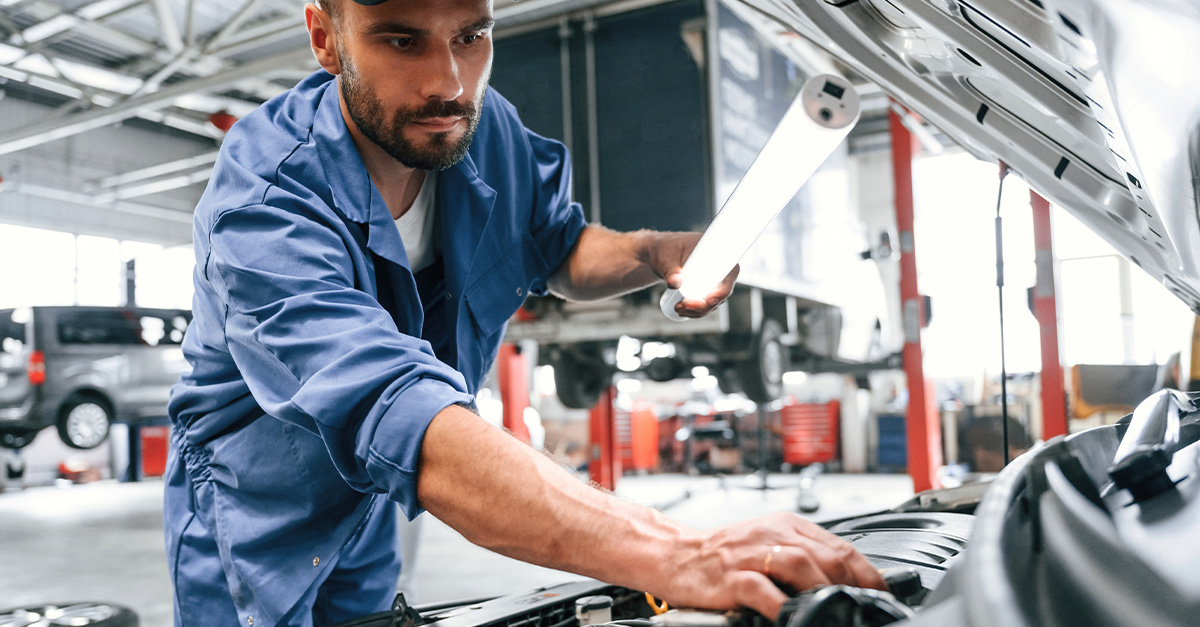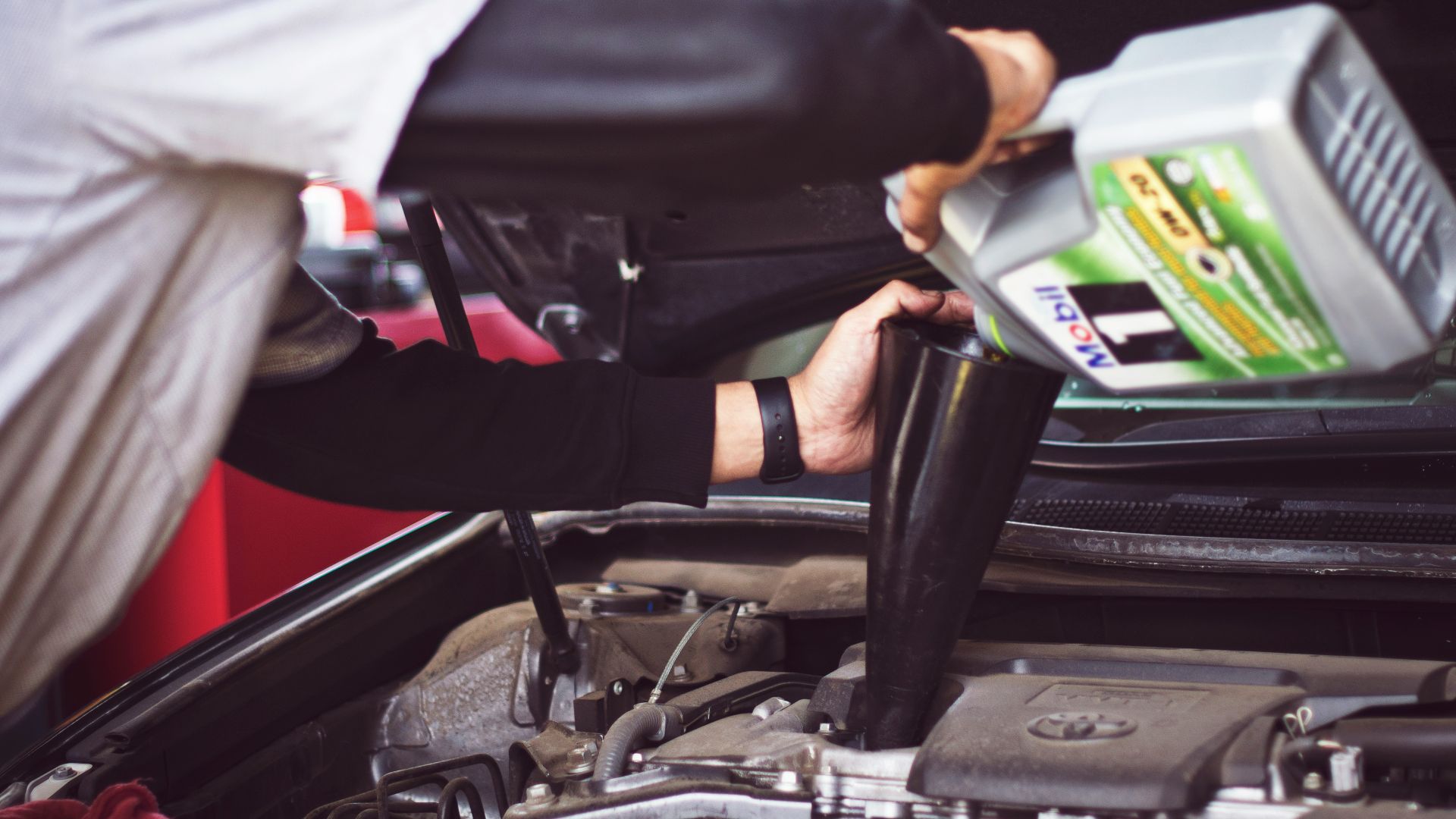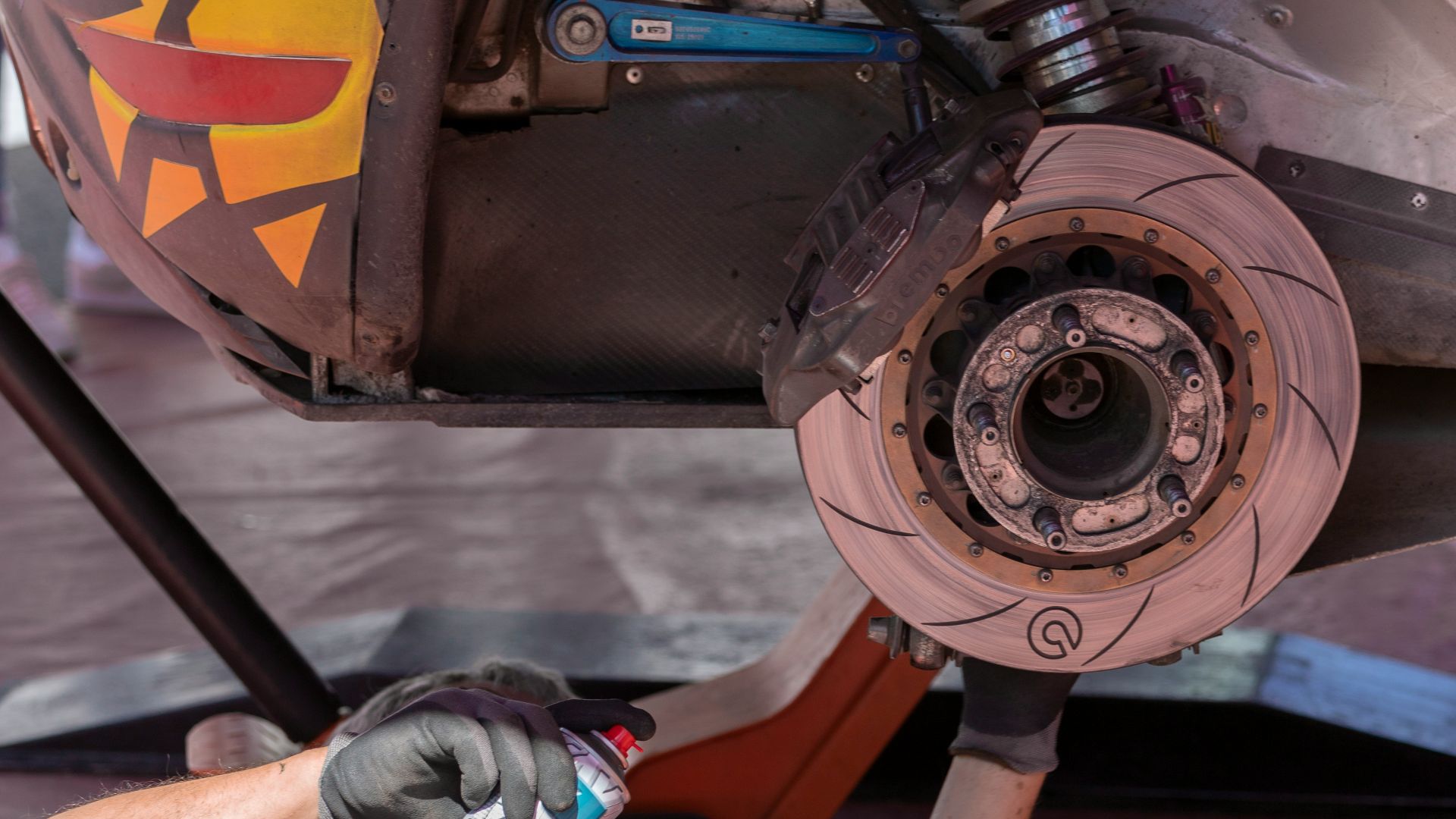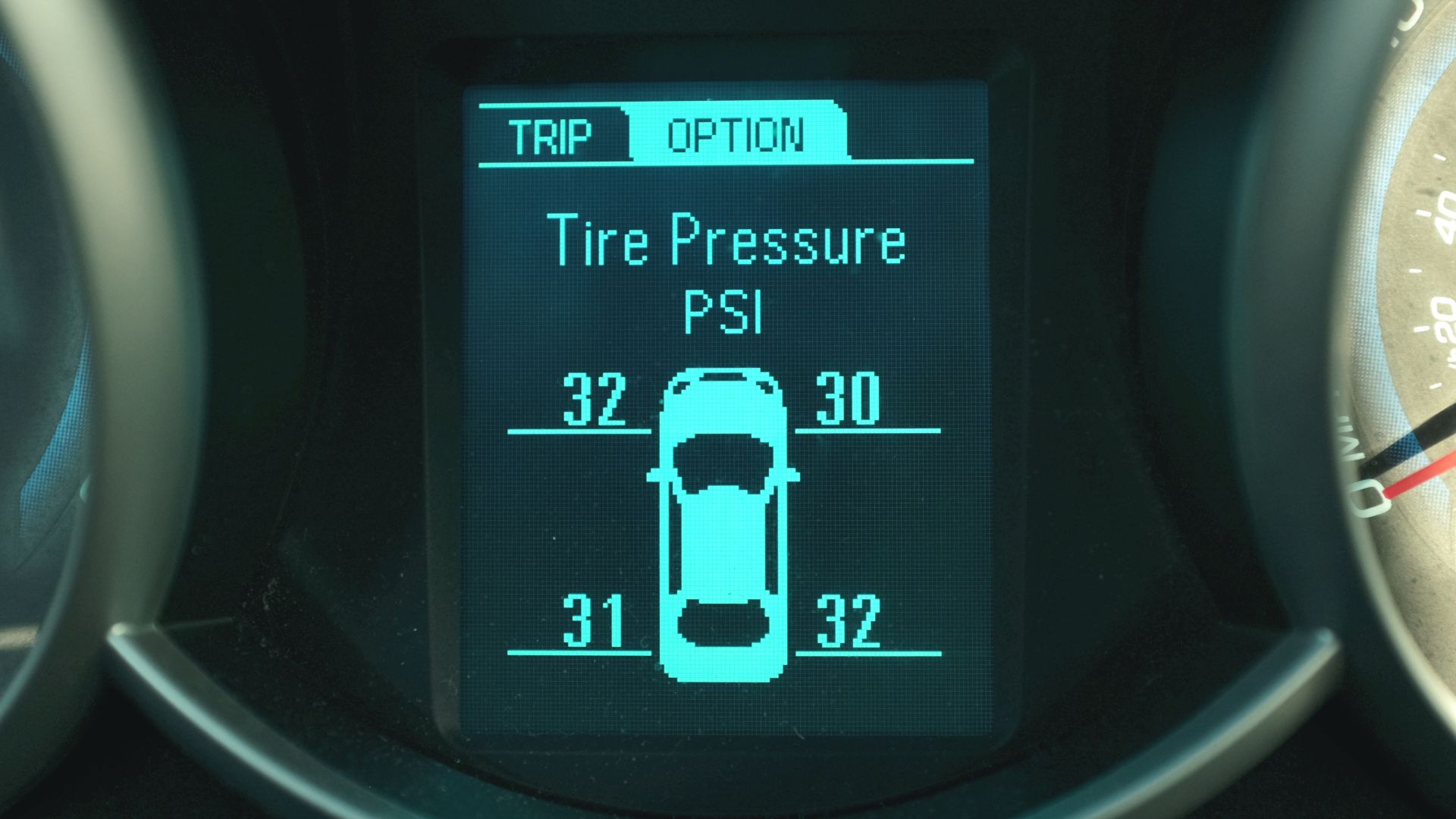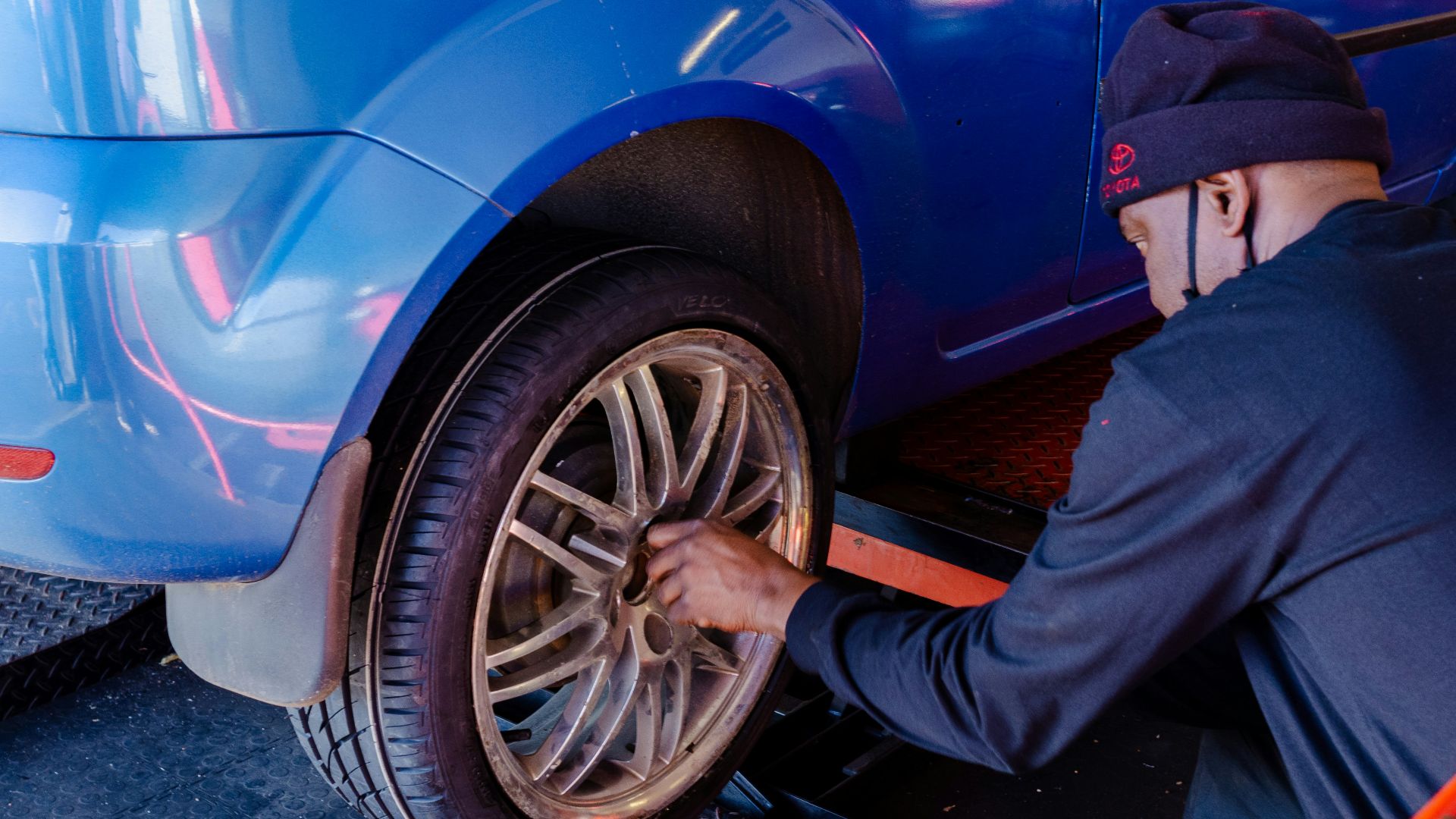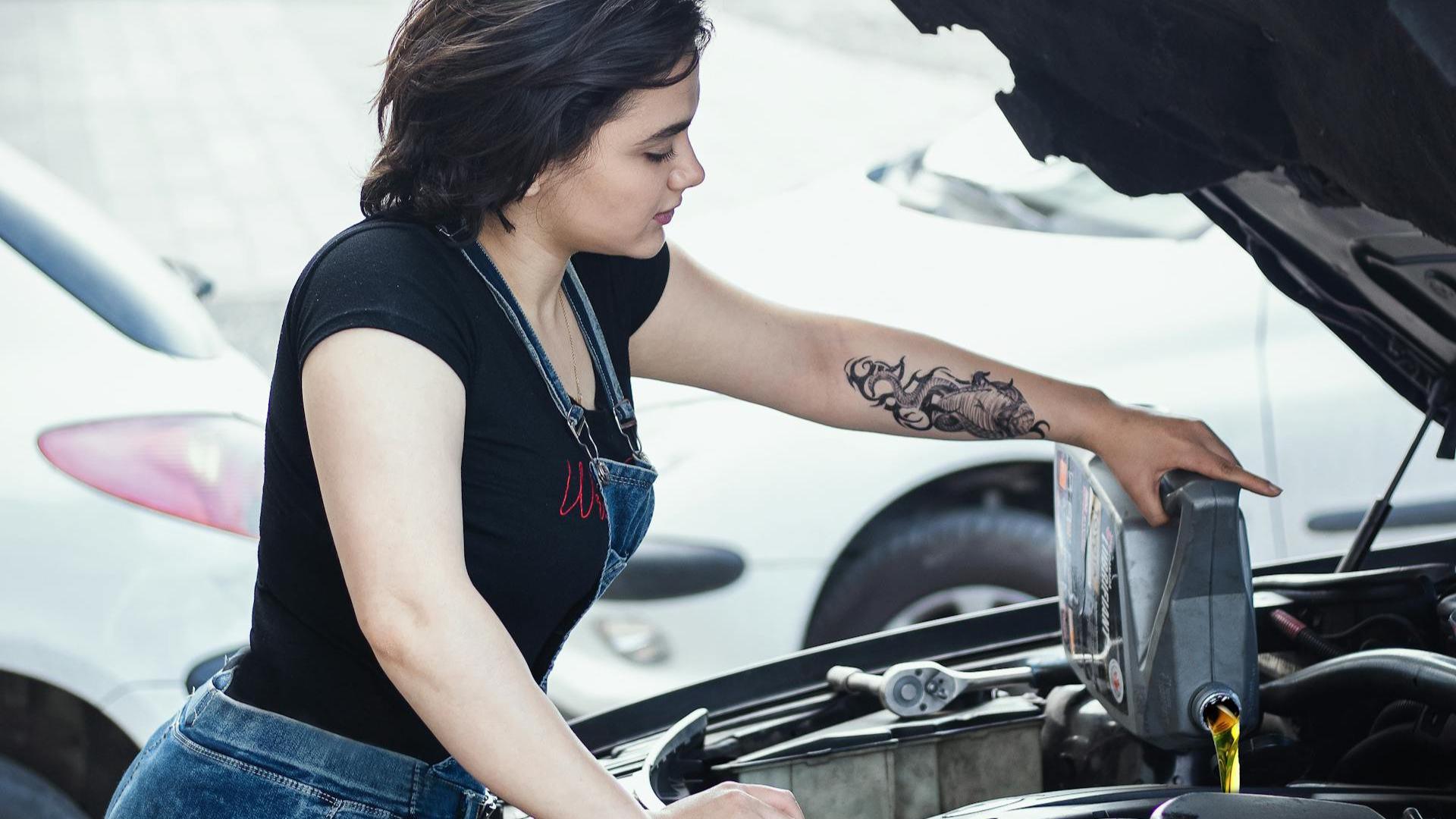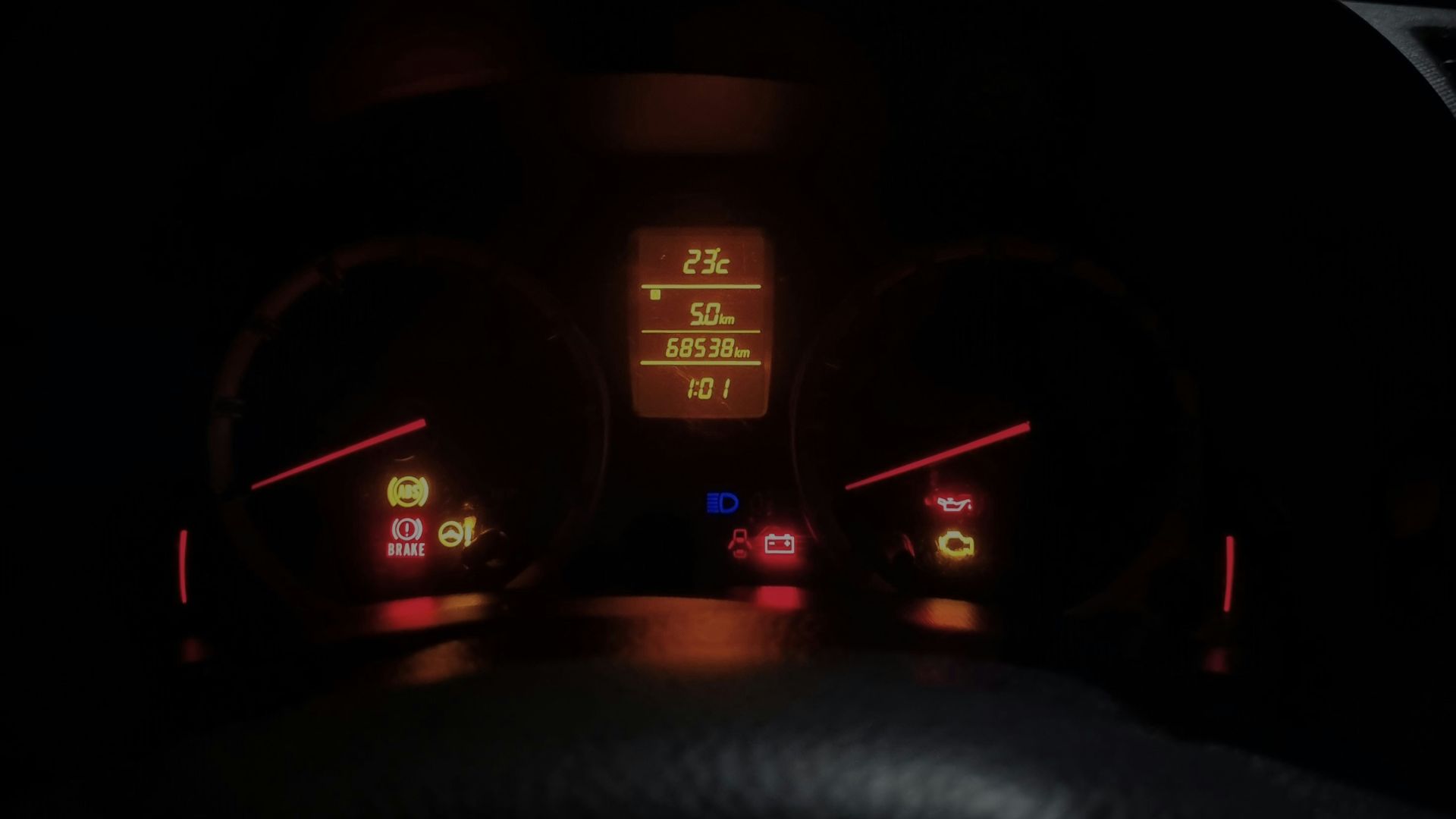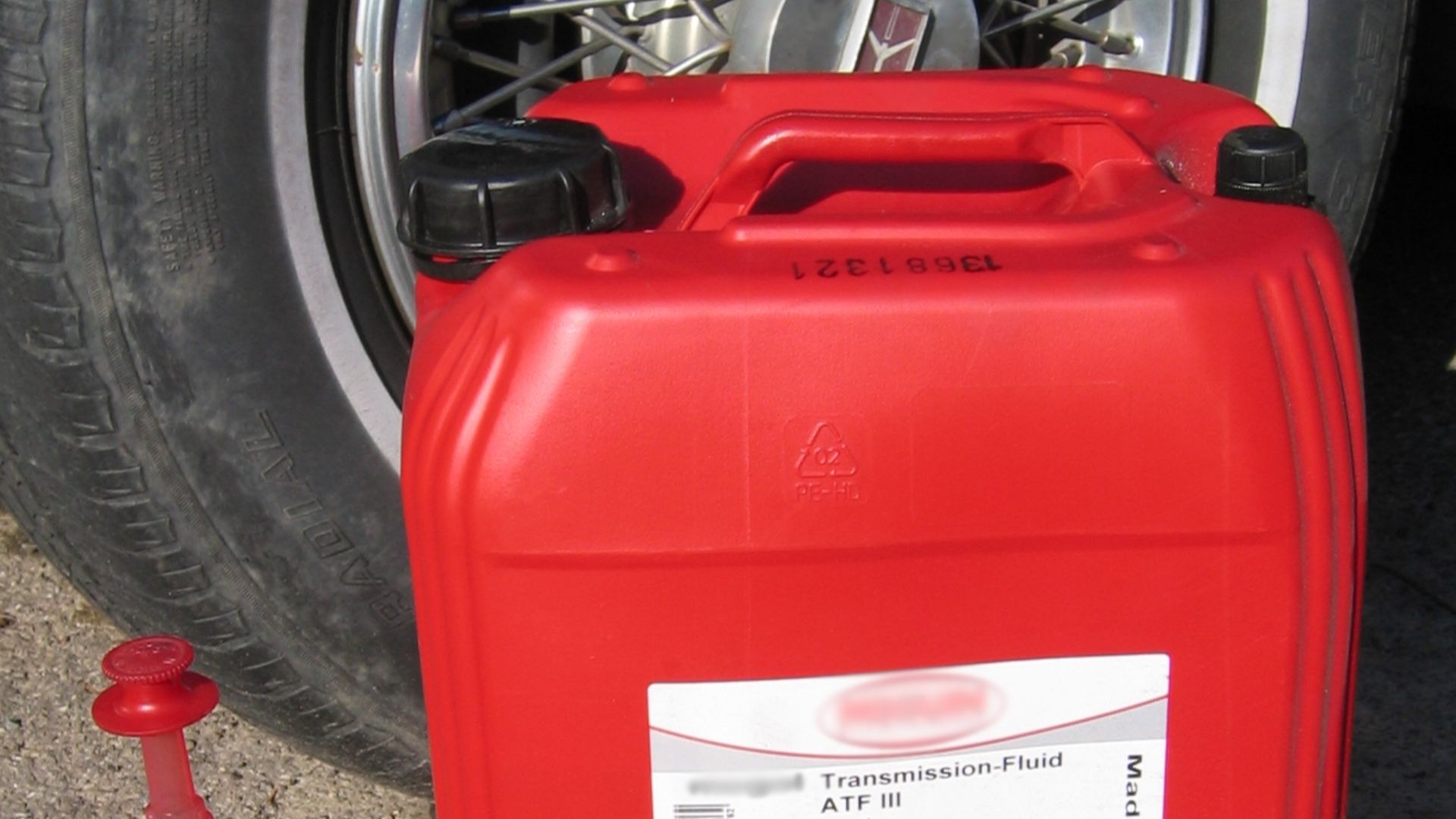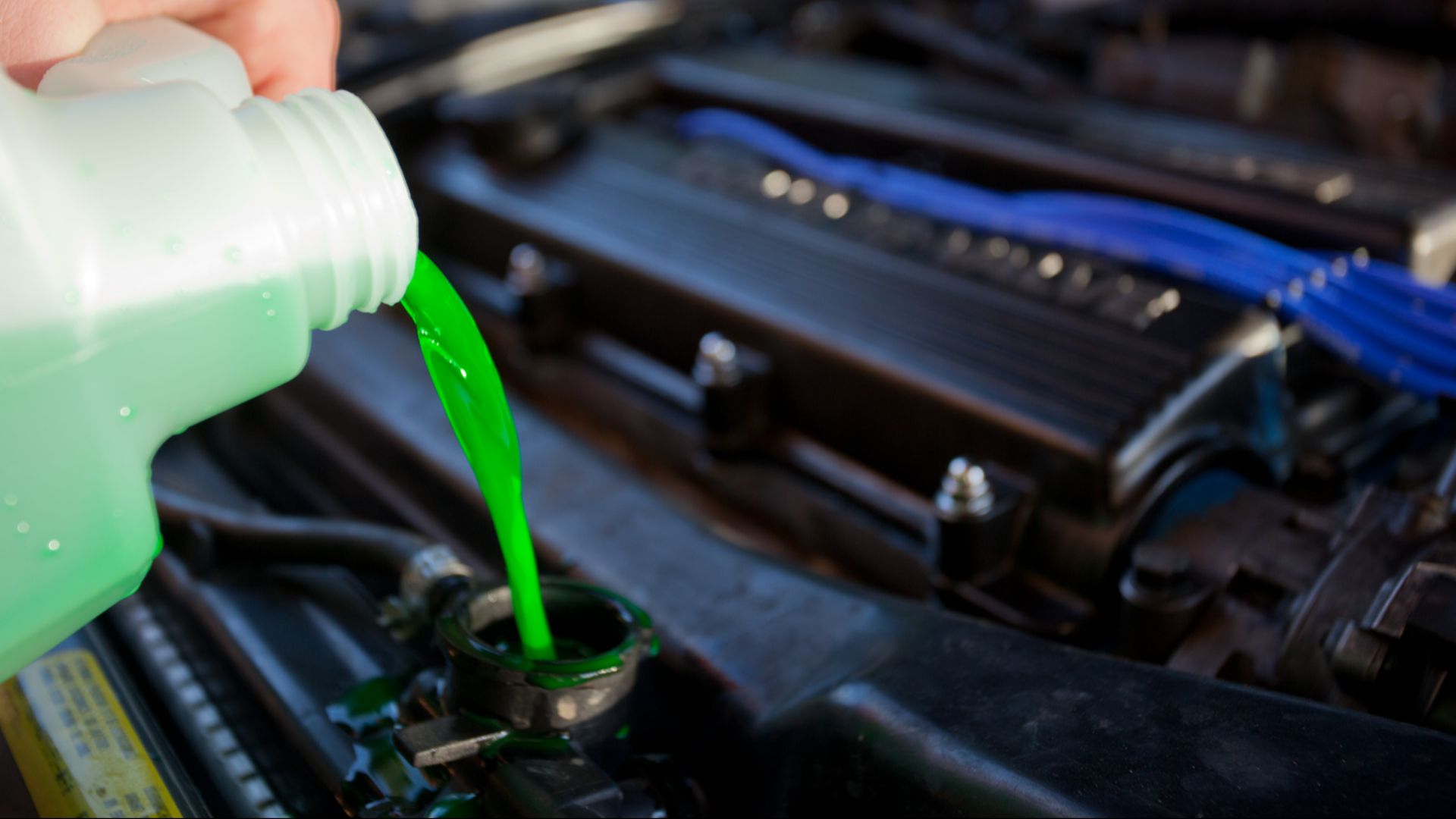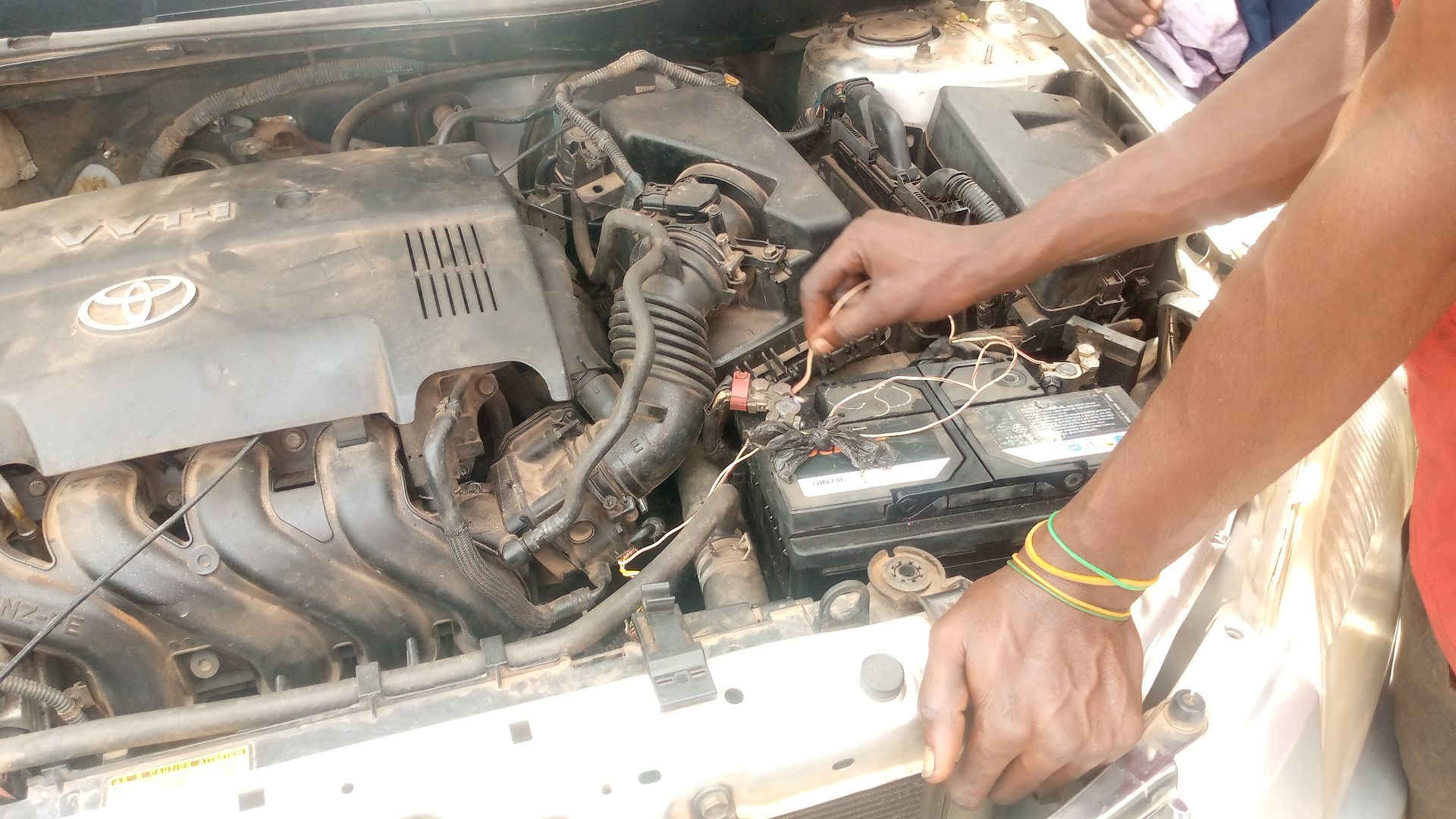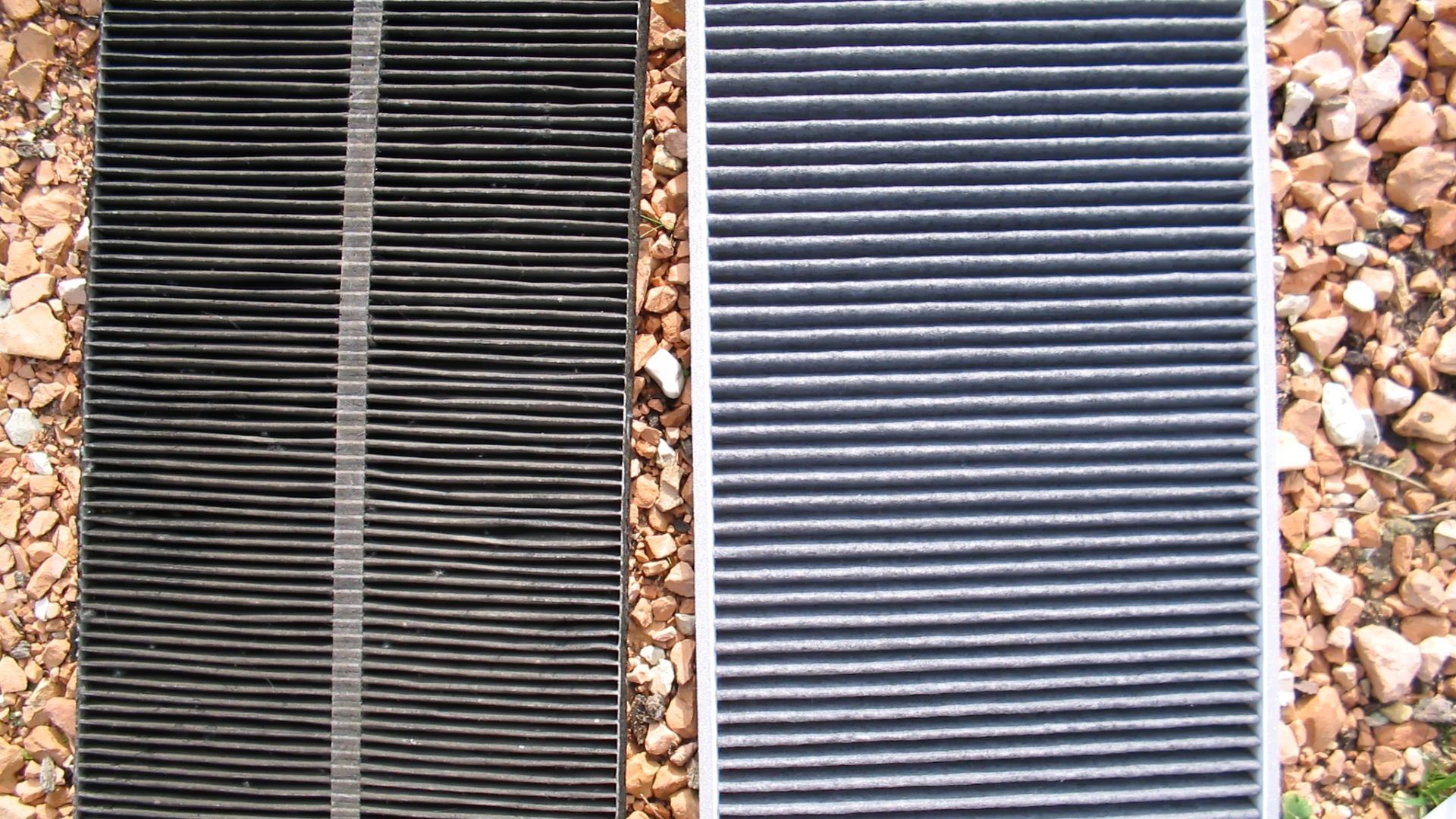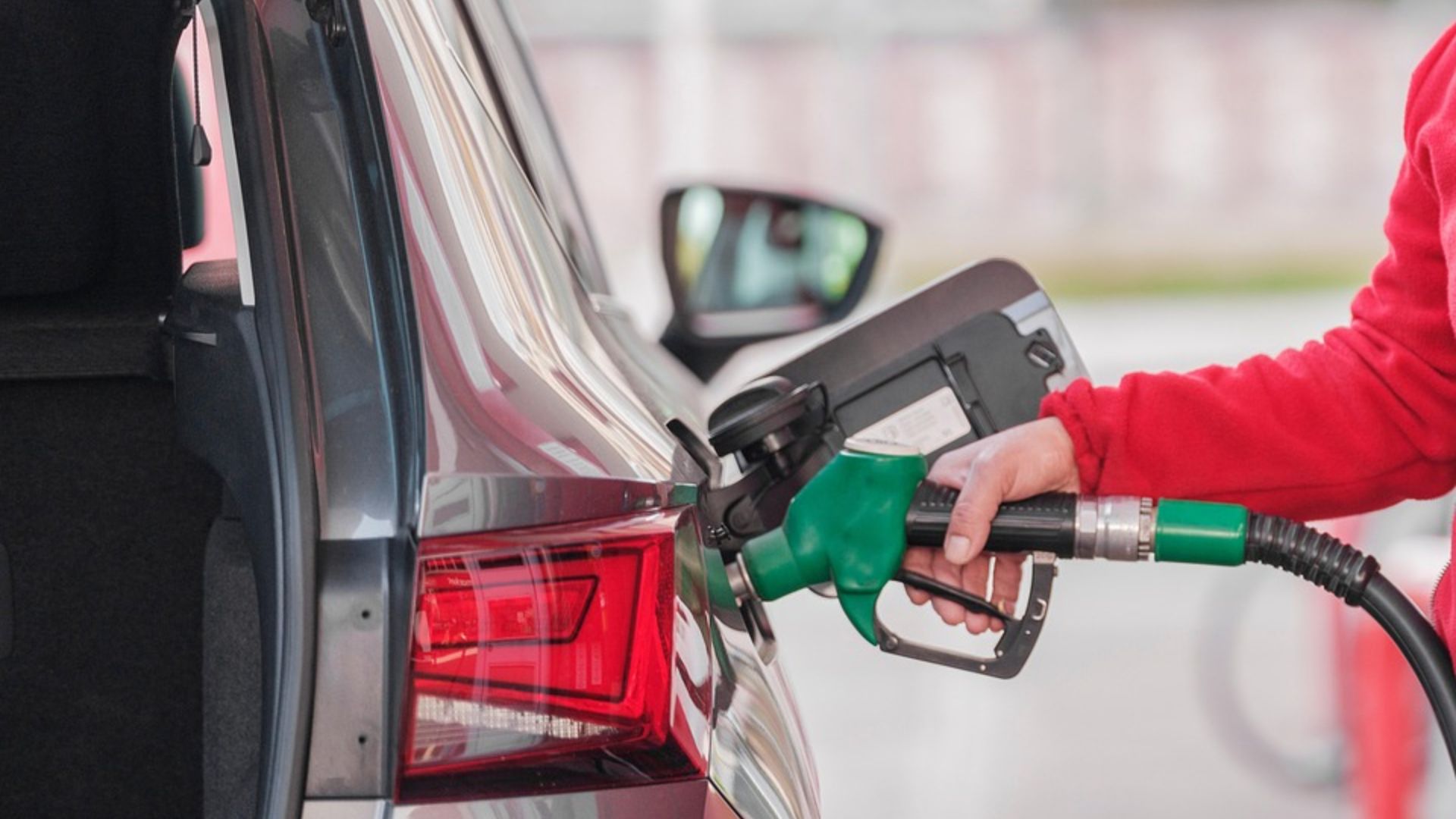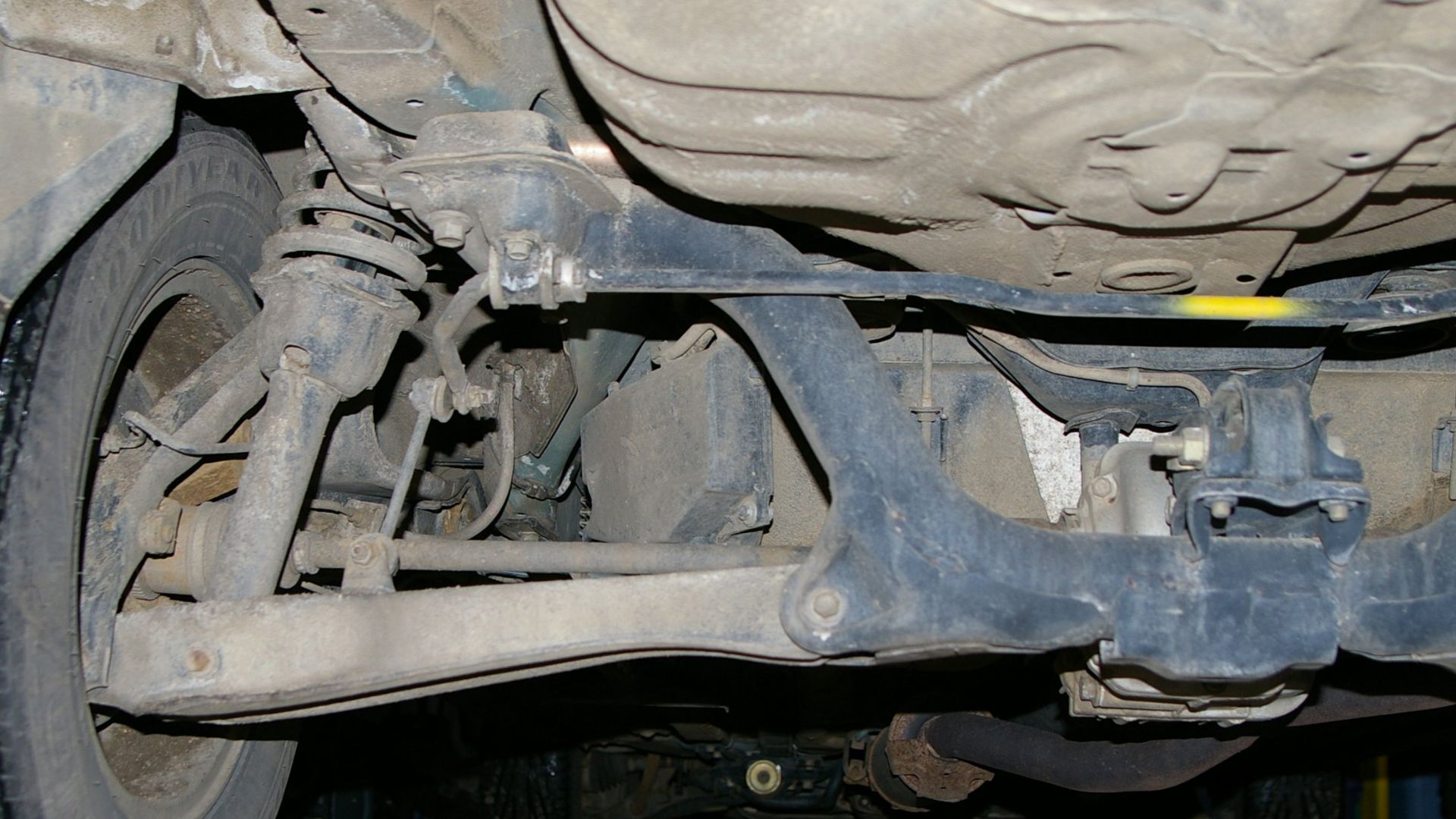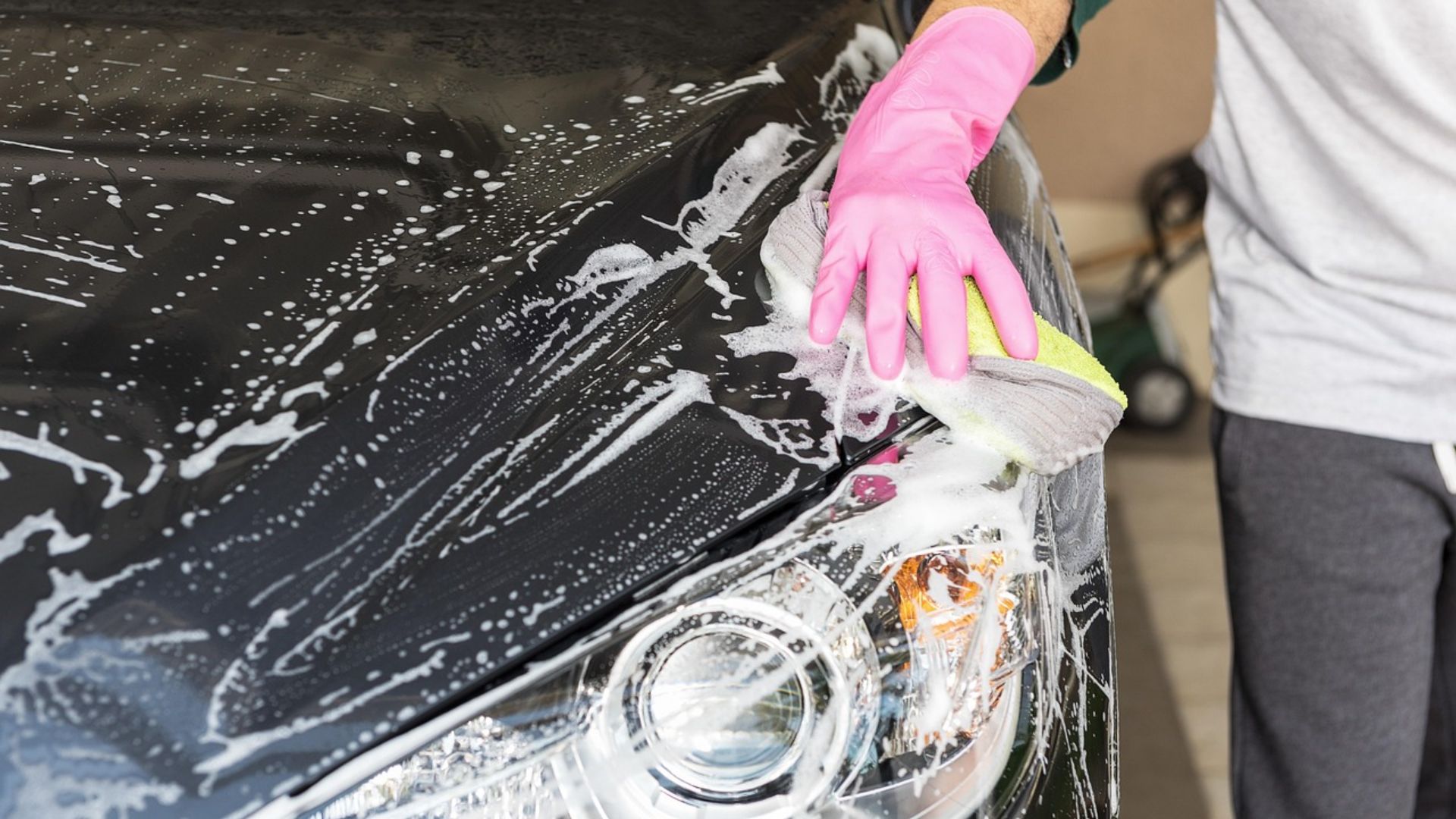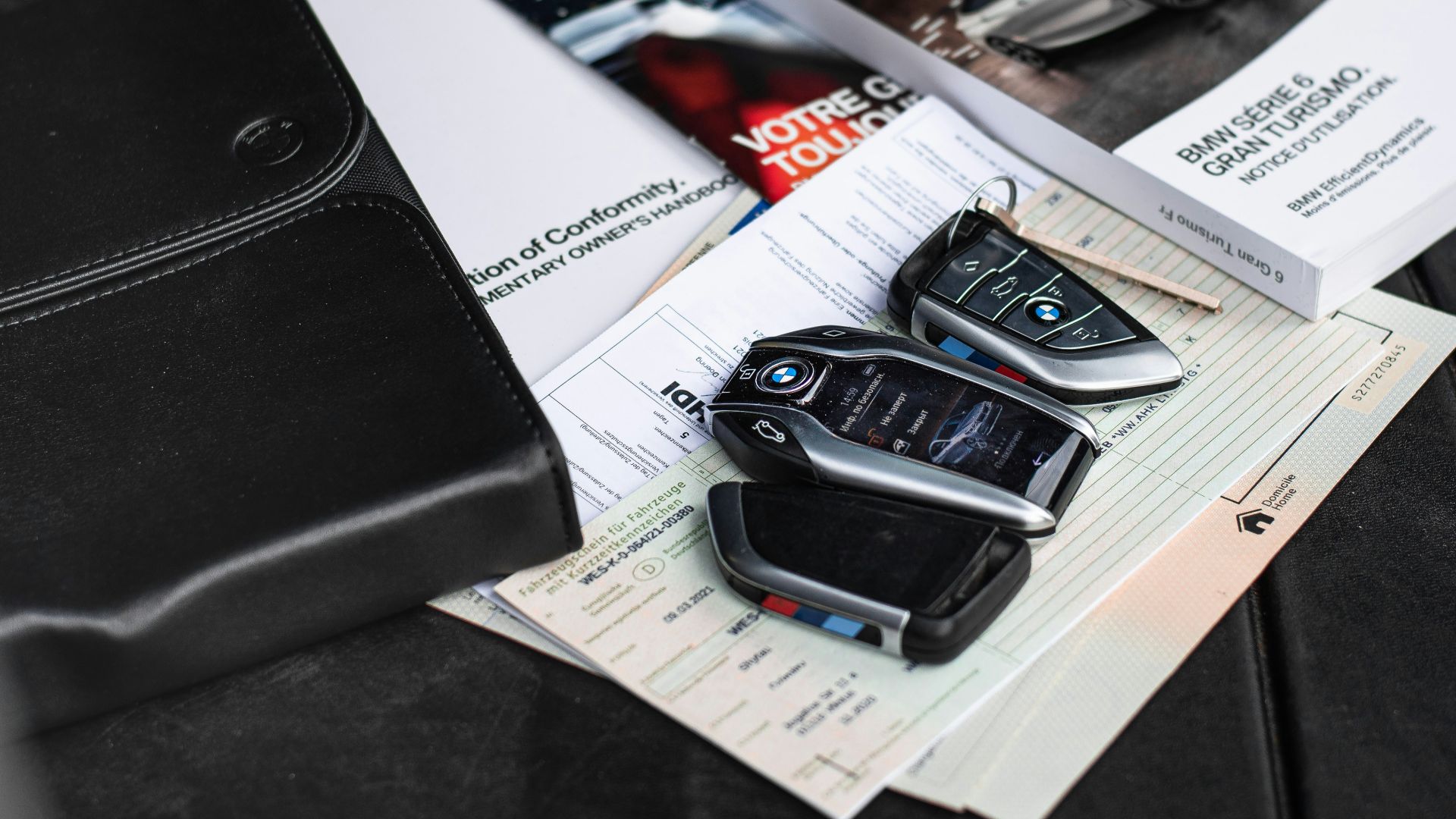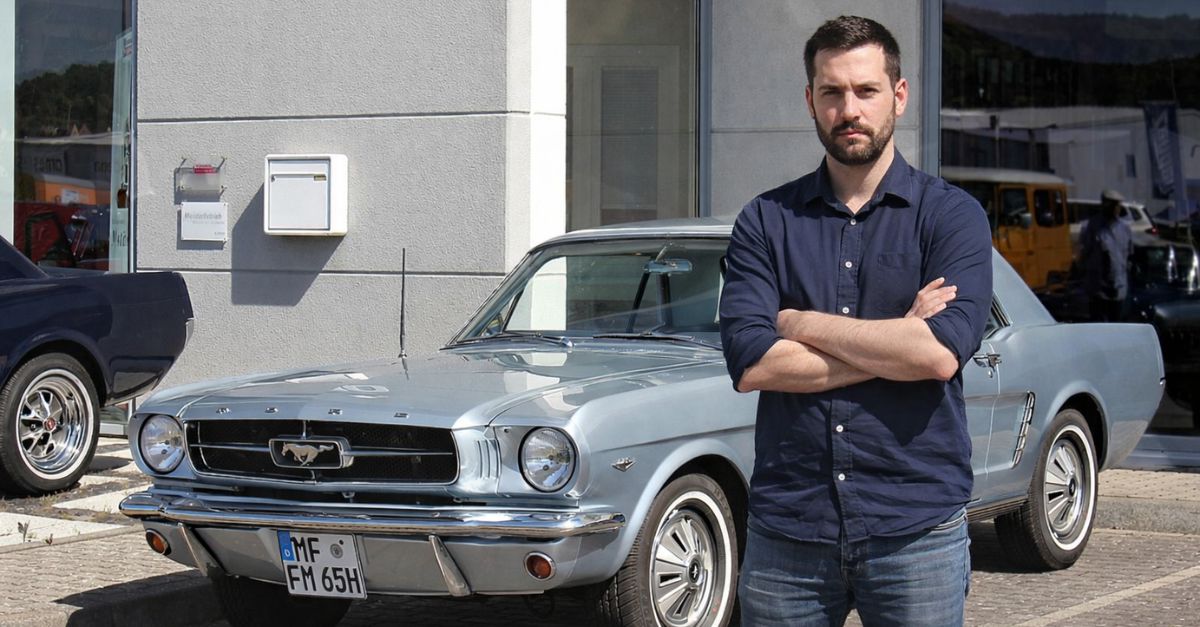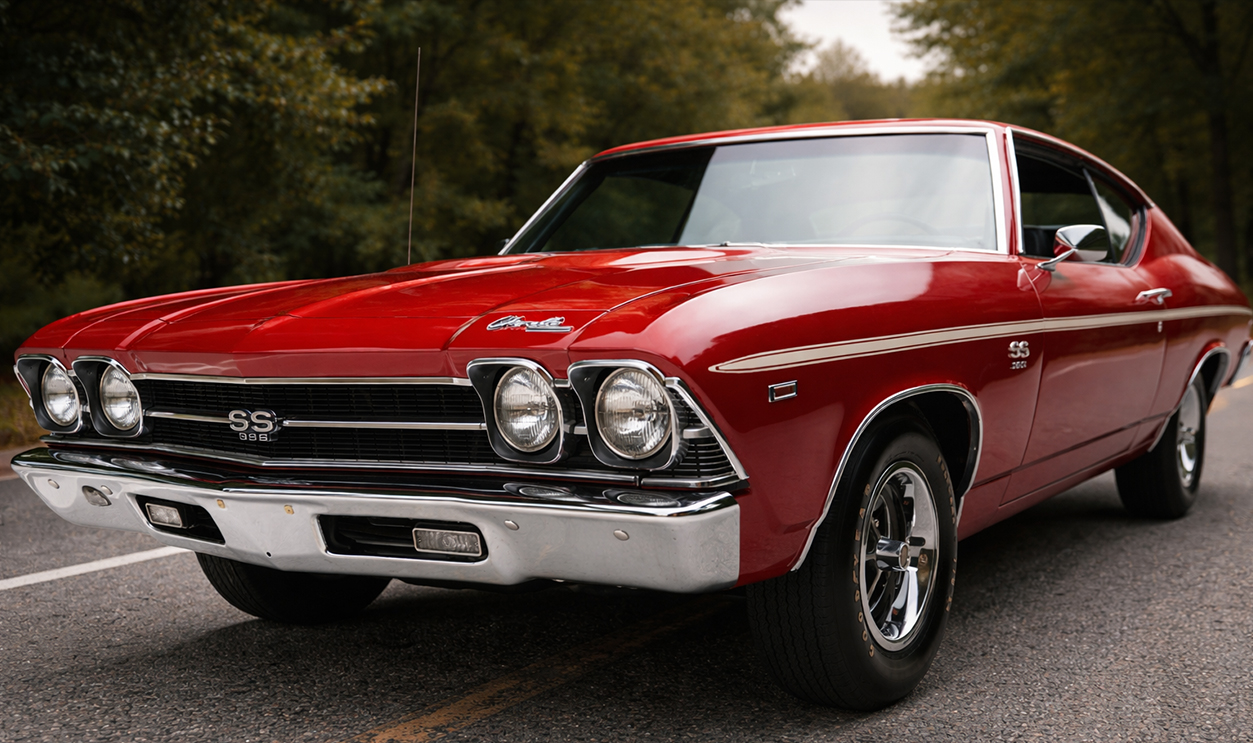Don't Forget To Do These Critical Things To Keep Your Car On The Road
Car maintenance can be the difference between a happy, humming ride and a four-wheeled money pit. We’ve all been guilty of letting small things slide — an overdue oil change here, a strange sound ignored there — but those “little things” can quickly add up to thousands in repair bills. Whether you’re a gearhead or just someone who loves a smooth drive, this guide will help you avoid 25 of the most expensive car maintenance mistakes people make every day.
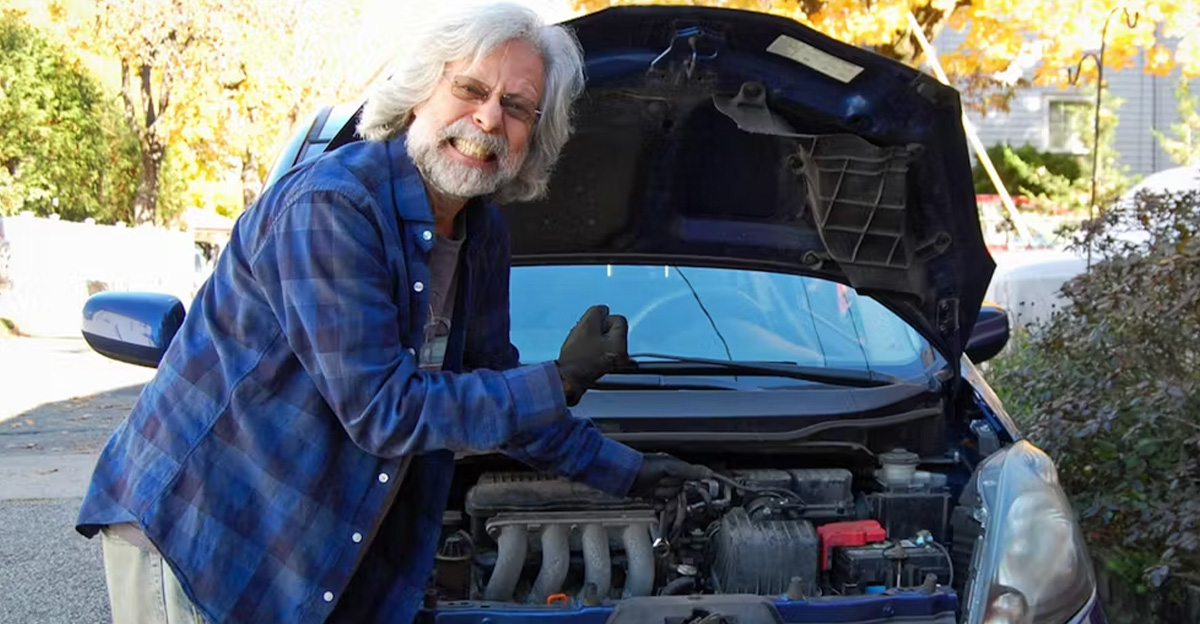
Ignoring Oil Changes
Oil is your engine’s lifeblood, and ignoring changes can lead to a catastrophic engine failure. Fresh oil keeps parts lubricated, cool, and clean. Go too long between changes, and you risk sludge buildup and costly damage that could easily reach several thousand dollars.
Skipping Brake Maintenance
Brake pads wear out gradually, and ignoring them doesn’t just mean bad stopping power — it can ruin your rotors and calipers too. Replacing pads costs a couple hundred bucks; replacing your entire brake system can top $2,000.
Forgetting To Check Tire Pressure
Driving on underinflated or overinflated tires wears them out unevenly and kills fuel economy. Worse, it can cause blowouts. Spend five minutes checking your pressure monthly; it could save you the price of four new tires and a fender repair.
Neglecting Tire Rotations
Rotating your tires every 5,000 to 7,000 miles keeps wear even and extends tire life. Skip it, and you’ll be replacing rubber twice as often — and that’s before the potential suspension issues caused by uneven wear.
Using Cheap Or Incorrect Oil
That bargain-bin oil might save you a few bucks now, but if it’s the wrong grade or low quality, your engine could suffer. Always use what your manufacturer recommends — your wallet will thank you later.
Ignoring The Check Engine Light
It’s tempting to pretend that little orange light doesn’t exist, but it’s not there for decoration. It might be something simple — or it could mean a failing catalytic converter or transmission issue. The longer you wait, the worse (and pricier) it gets.
Failing To Replace The Timing Belt
If your timing belt snaps, your engine’s pistons and valves can collide, causing catastrophic damage. Replacing it on schedule (usually every 60,000–100,000 miles) costs hundreds. Rebuilding your engine afterward? That’s thousands.
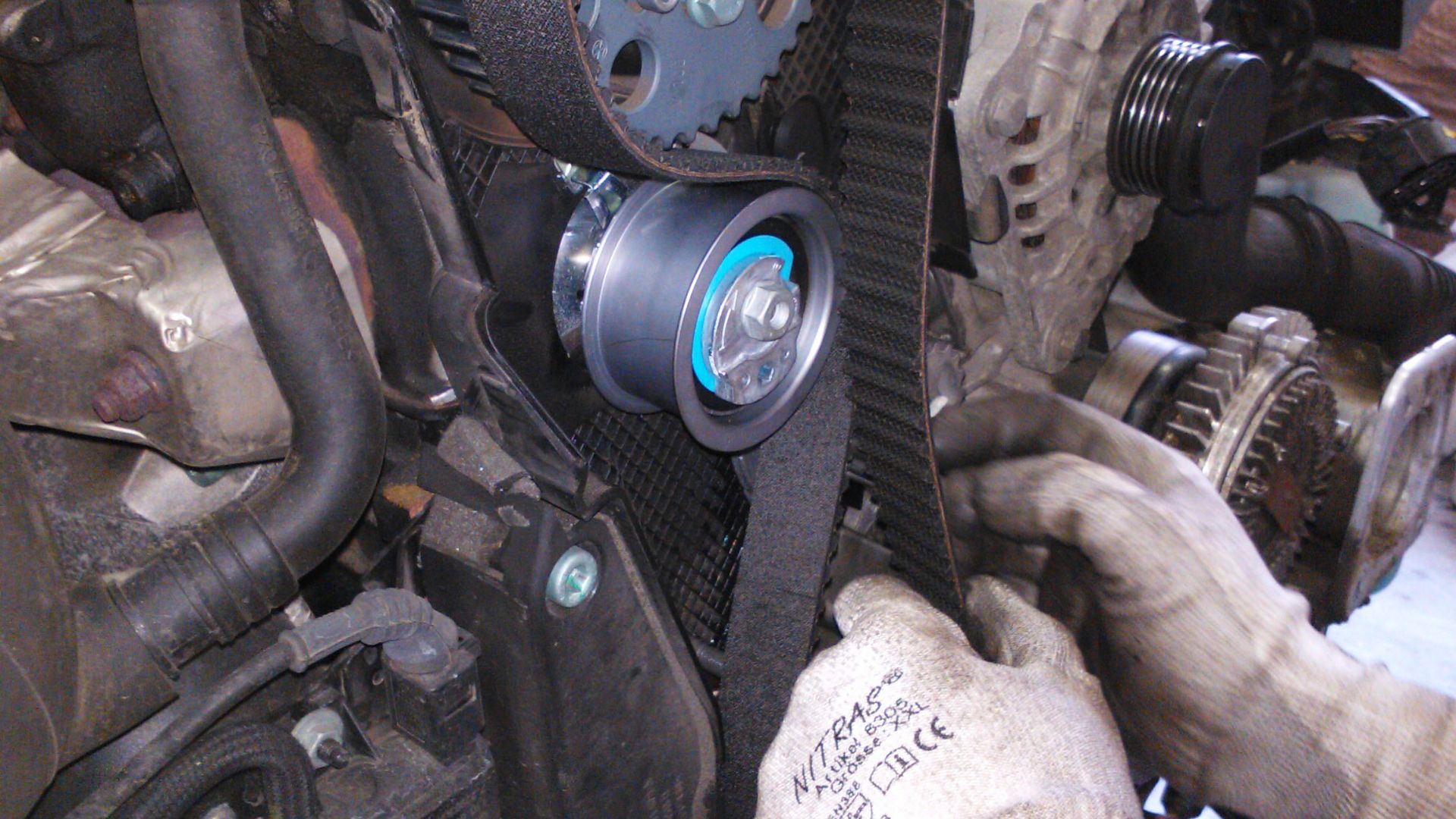 Petar Milosevic, Wikimedia Commons
Petar Milosevic, Wikimedia Commons
Overlooking Transmission Fluid
Transmission repairs are some of the most expensive in the automotive world. Keep your transmission fluid fresh and at the right level to avoid grinding gears, slipping shifts, and an eye-watering repair bill.
Neglecting Coolant Flushes
Coolant keeps your engine from overheating — and prevents corrosion inside. Old or contaminated coolant can clog radiators and cause head gasket failure, both of which come with big repair costs.
Ignoring Strange Noises
That squeal, rattle, or grinding sound isn’t “just the car getting older.” It’s your car begging for help. Catching problems early often means a cheap fix; waiting until they worsen usually means pulling out the credit card.
Forgetting Air Filter Replacements
A dirty air filter chokes your engine, reducing power and efficiency. It can also allow dirt and debris into the engine, causing wear on internal components. Filters are cheap — engines aren’t.
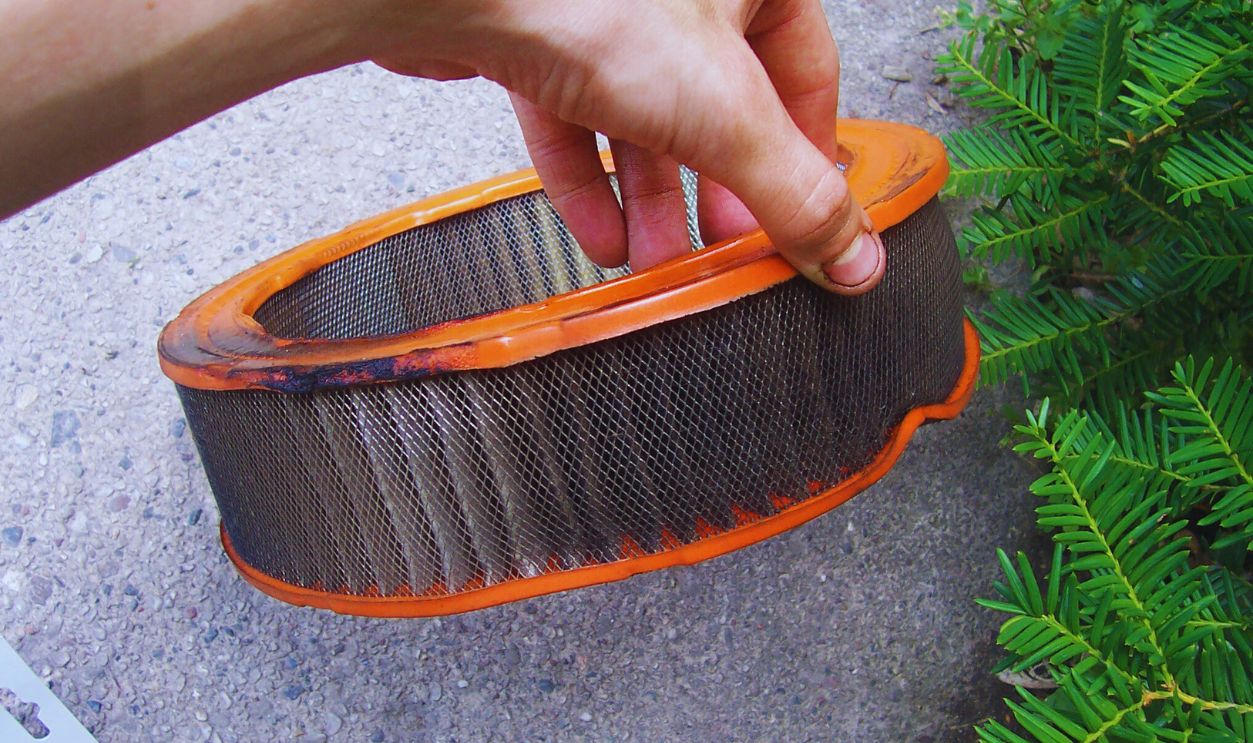 Ahanix1989 at English Wikipedia, Wikimedia Commons
Ahanix1989 at English Wikipedia, Wikimedia Commons
Skipping Battery Maintenance
A weak or corroded battery can leave you stranded, but it can also stress your alternator and electrical system. Clean terminals and check voltage periodically to avoid costly electrical gremlins.
Neglecting The Cabin Filter
Ignoring your cabin air filter doesn’t just mean stale air — it can strain your HVAC system, leading to a failing blower motor or even AC issues. And no one likes a summer without AC.
Using The Wrong Fuel
Putting regular gas in a high-performance engine (or vice versa) isn’t just about octane snobbery — it affects combustion and efficiency. Over time, it can cause knocking, misfires, or damage to your fuel system.
Forgetting Wheel Alignments
Hit one too many potholes? Your alignment could be off. Poor alignment wears tires prematurely and makes your car harder to control. Spending a little on alignment now saves a lot on suspension later.
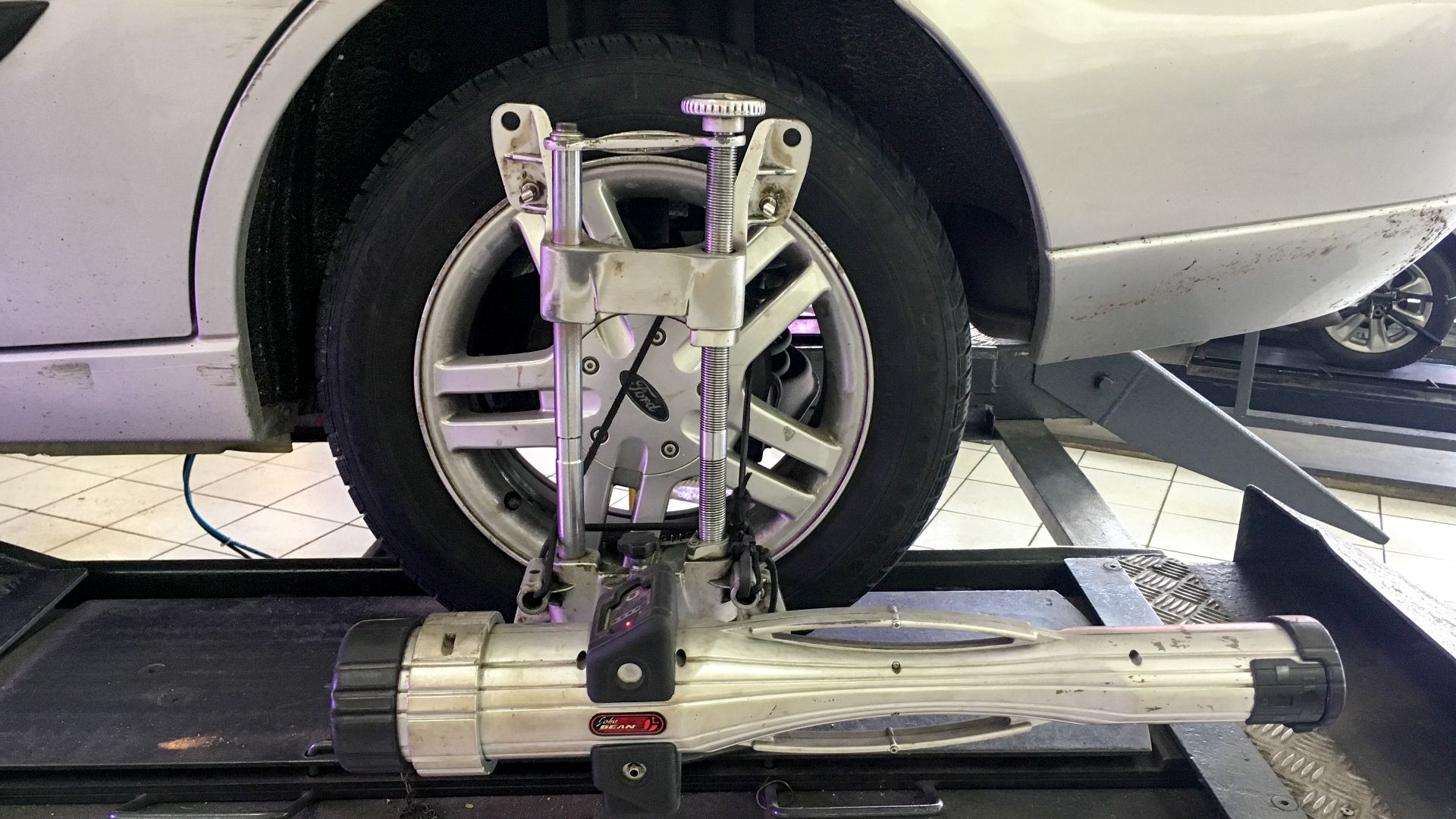 Photograph by Mike Peel (www.mikepeel.net)., Wikimedia Commons
Photograph by Mike Peel (www.mikepeel.net)., Wikimedia Commons
Ignoring The Suspension
Worn shocks or struts don’t just make your ride rough — they wear tires faster and can affect braking distance. Letting suspension issues linger can lead to even pricier repairs on joints, bearings, and control arms.
Not Checking The Exhaust System
A damaged exhaust system can lead to poor performance, failed emissions tests, and — worst of all — carbon monoxide leaks. A small exhaust fix costs far less than engine or catalytic converter repairs.
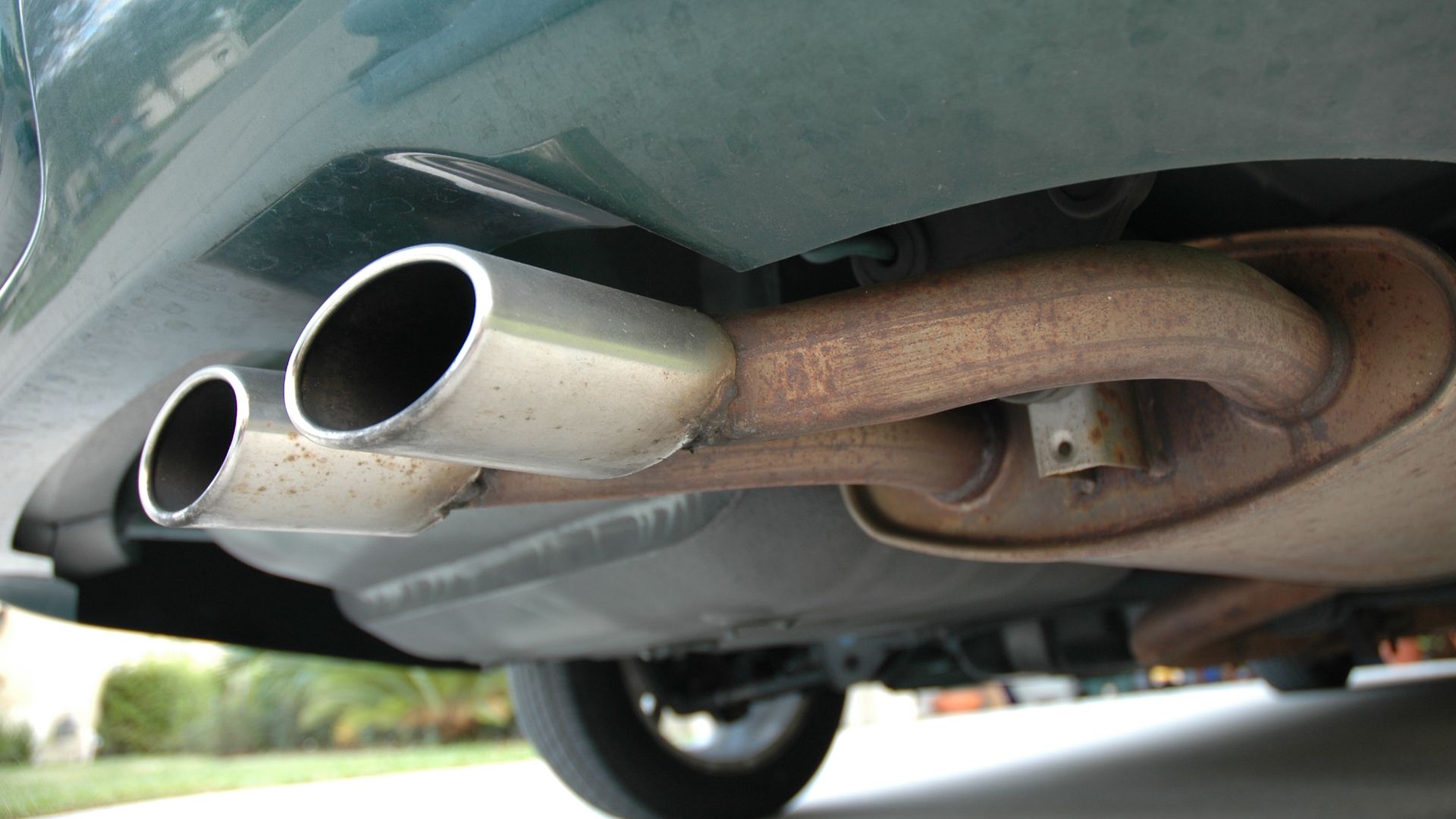 The original uploader was Steevven1 at English Wikipedia., Wikimedia Commons
The original uploader was Steevven1 at English Wikipedia., Wikimedia Commons
Overlooking Wiper Blades
They might seem trivial, but bad wiper blades can scratch your windshield. A new windshield can cost $500–$1,500, while wipers cost about $20. You do the math.
Skipping Fuel Filter Changes
Fuel filters prevent dirt and rust from reaching your injectors. A clogged filter can reduce performance or even kill your fuel pump — and replacing that can set you back close to $1,000.
 http://en.wikipedia.org/wiki/User:Phasmatisnox, Wikimedia Commons
http://en.wikipedia.org/wiki/User:Phasmatisnox, Wikimedia Commons
Forgetting About Power Steering Fluid
Low or dirty power steering fluid can make steering stiff and noisy. Ignore it long enough, and you’ll be looking at a replacement steering rack or pump — both costly repairs.
Driving On Empty
Running on fumes isn’t just bad for your nerves — it’s bad for your fuel pump. The fuel helps cool and lubricate it, so driving low can cause it to overheat and fail prematurely.
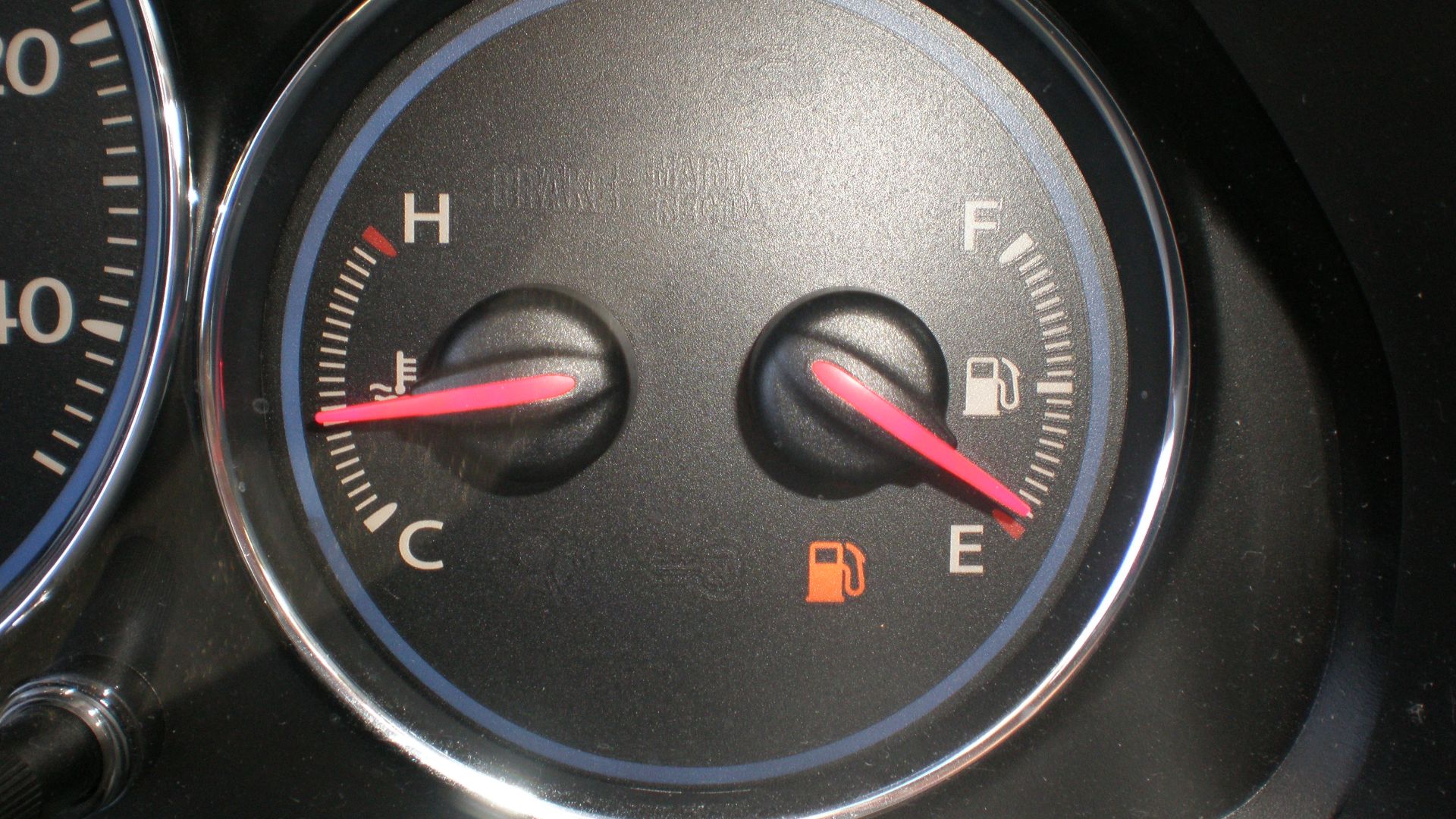 BrokenSphere, Wikimedia Commons
BrokenSphere, Wikimedia Commons
Washing With Dish Soap
Sure, it cuts grease — but dish soap also strips your paint’s wax and protective coating. Use car-specific soap instead, or risk paying for an expensive paint correction or respray.
Ignoring Rust Spots
A small rust bubble might not seem like much, but it spreads fast. Catching rust early means a simple fix; wait too long, and it can eat through panels, frames, or suspension components.
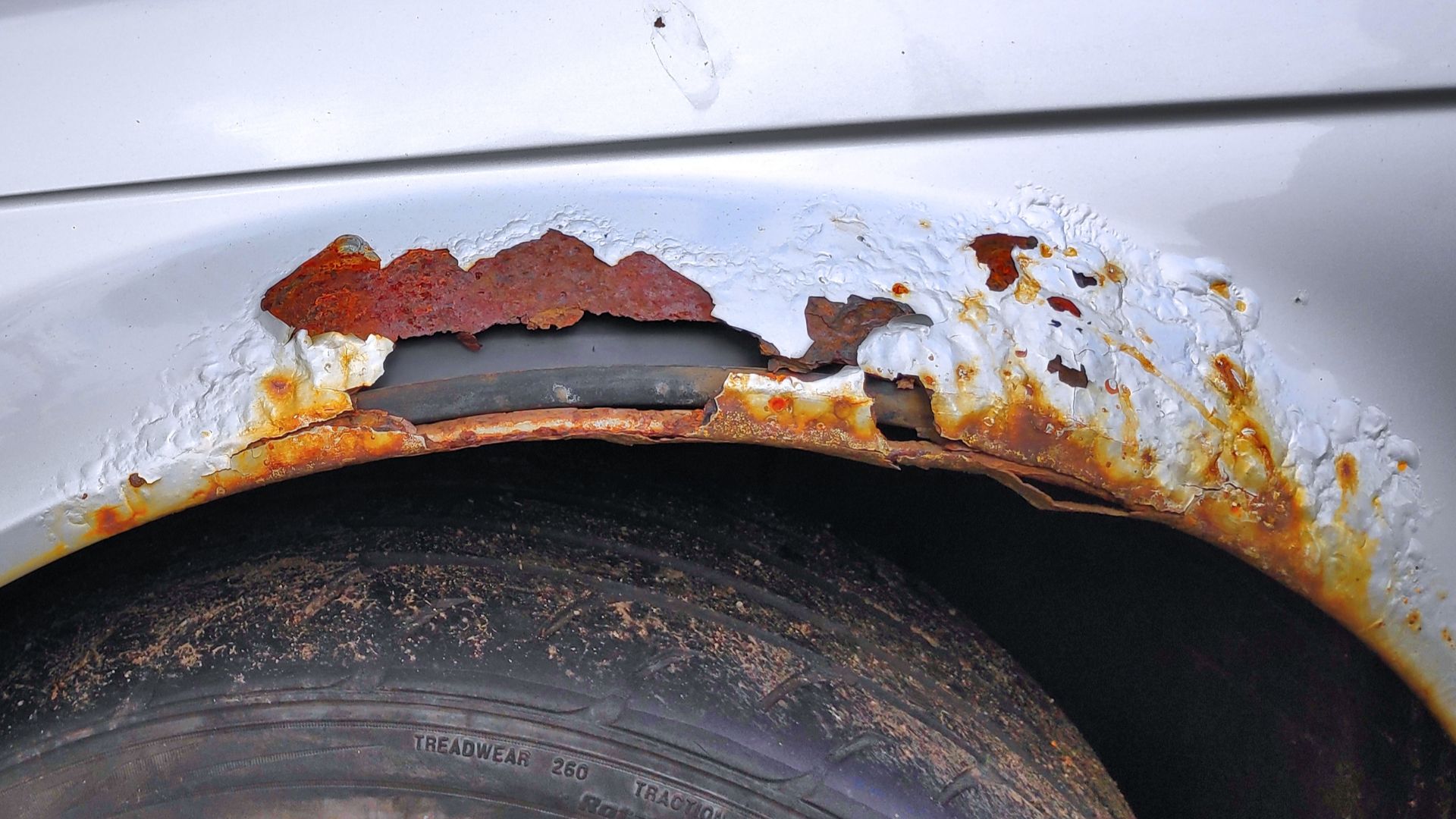 Marek Slusarczyk (Tupungato) Photo portfolio, Wikimedia Commons
Marek Slusarczyk (Tupungato) Photo portfolio, Wikimedia Commons
Overloading Your Vehicle
Carrying more weight than your car was designed for stresses your suspension, brakes, and transmission. It also kills your fuel economy. Know your payload limits and respect them.
Neglecting Regular Inspections
Many people only visit a mechanic when something breaks. But routine inspections can catch worn belts, leaks, and other issues before they turn into big bills. Think of it like a health check for your car.
Not Keeping Records
Losing track of what’s been serviced means you’re more likely to miss crucial maintenance. Plus, keeping a detailed log boosts resale value — buyers love knowing a car’s been cared for.
A Little Care Goes a Long Way
Cars are mechanical marvels, but even the best ones need love. By staying on top of these 25 maintenance essentials, you’re not just saving thousands in potential repairs — you’re ensuring your car stays safe, efficient, and enjoyable for years to come. A little preventative care today keeps you from paying dearly tomorrow. So pop the hood, check that dipstick, and give your ride the attention it deserves.
You May Also Like:
Pickup Trucks That Hold Their Value The Longest, According To Dealerships
These Used Cars Are Still A Great Buy In 2025

